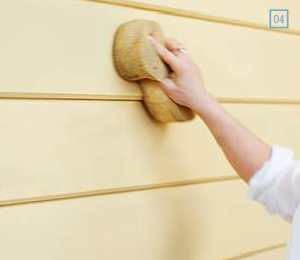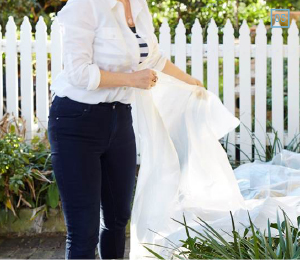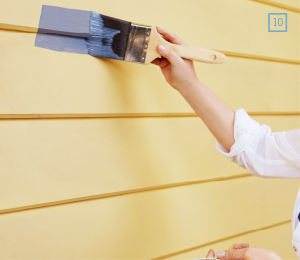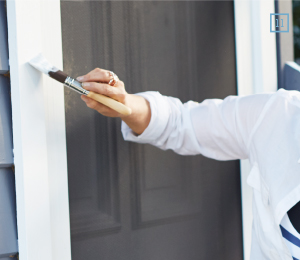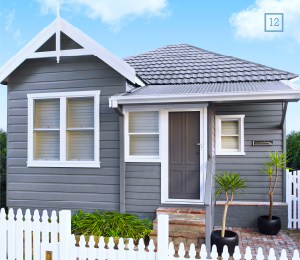Estimated Time
A WEEK
Assuming exterior walls have already been prepped and dependant on number of helping hands, size of your home and number of surfaces requiring painting.
Materials
Here's what you're going to need:
*We estimate you’ll need 1L of paint to cover a standard sized wall. We recommend using premium acrylic paint like PPG Paints WeatherTough Exterior and PPG Paints Ultimate Alkyd Enamel for window frames and trims.
Steps
- Determine the paint colour scheme for the entire space. You may want to select a dominant colour and a number of trim colours, depending on the amount of detail and types of materials used on the exterior of your home. Review our colour charts at your local paint or hardware store and visit our website for more colour inspiration. Remember to consider colours you’ve selected for doors, fascias, eaves and gutters when making your choice.
- The paint calculator, available on our website, will help you determine the quantity of paint required for the area you will be painting.
- Temporarily remove pot plants, garden hoses and any other items in close proximity to exterior walls to be painted.
- Prepare exterior walls for painting to achieve the best finish. Watch the How To Prepare Exterior Walls video for tips.
- Ensure plants and ground near the walls are covered with plastic or canvas drop cloths, so as to not cause damage.
- Apply painter’s masking tape to fittings which can’t be removed and around edges which may be fiddly and difficult to paint around, such as trims, windows and gutters.
- Always take safety precautions when painting exteriors. If a ladder is required, ensure it’s placed on level ground and there is someone steadying the ladder from the ground.
- We always recommend painting from the top down beginning with the gutters.
- Once the gutters are complete move onto the fascia (the board under the gutter) and eaves (the section between the fascia and wall). We recommend painting fascias and gutters with brushes rather than small paint rollers.
- Next, move onto the walls. The equipment required here is dependent on the nature of the surface you’re painting on. Weatherboards will need to be painted with a small roller, brush or spray, while brick and render can be painted with sprays or extra-long nap rollers. If you’re painting anything other than weatherboards you’ll need to add a few additional materials.
- Finally, paint the trims and window frames. Be sure windows are open when painting so they’re not painted shut.
Tips from ppg paints
- We recommend safely using a ladder or an extendable roller pole when painting higher walls.
- Follow the How To Paint A Wall guide for more tips and tricks.
- A standard sized wall is approximately 4m2.
















